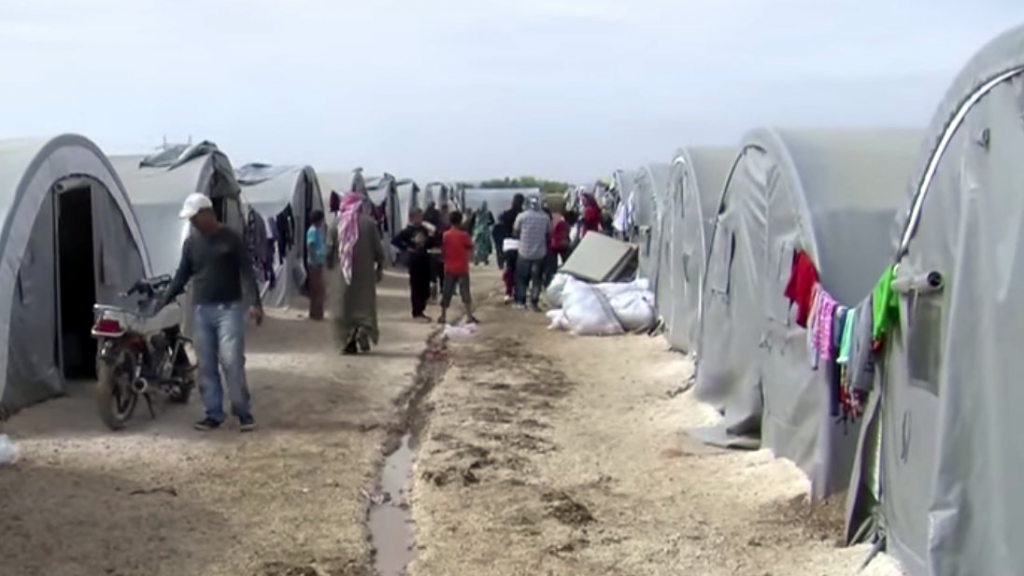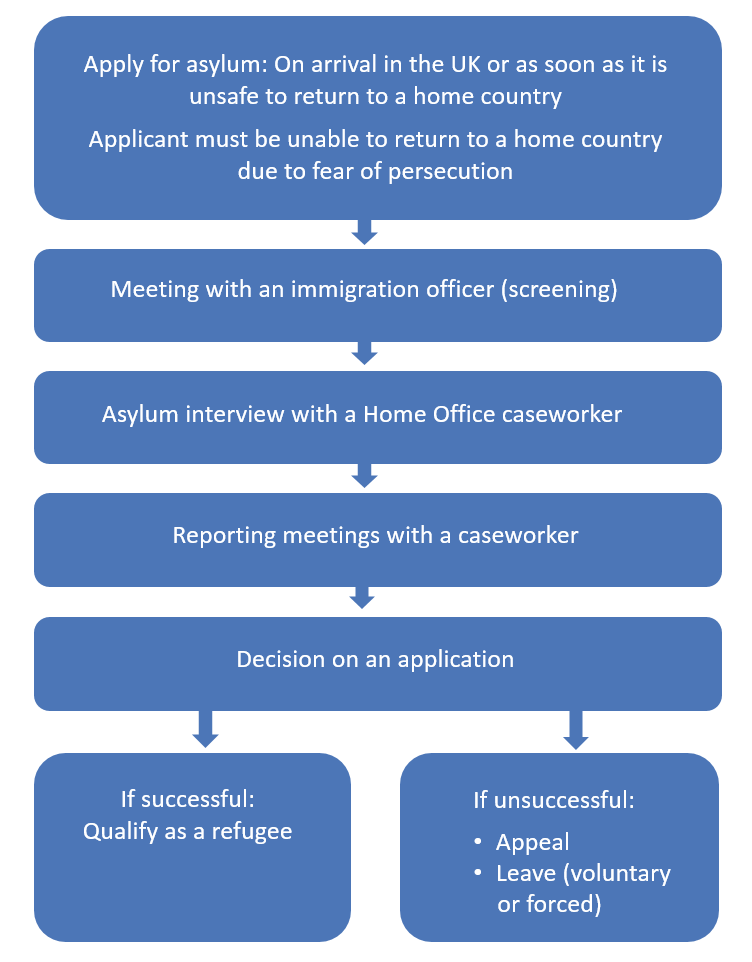
The most recent Global Report from the United Nations High Commissioner for Refugees (UNHCR) states that over 71 million people were ‘of concern’ in 2017. This includes refugees, asylum seekers, internally displaced persons and stateless persons. This means that one per cent of the population of the world is unable to return home, or more than the population of the United Kingdom and Republic of Ireland combined.
According to the 1951 Convention Relating to the Status of Refugees, a refugee is someone who:
…owing to a well-founded fear of being persecuted for reasons of race, religion, nationality, membership of a particular social group, or political opinion, is outside the country of his nationality, and is unable to or, owing to such fear, is unwilling to avail himself of the protection of that country.
An asylum seeker is someone who says he or she is a refugee, but whose claim has not yet been definitively evaluated.
By contrast, an internally displaced person (IDP) is someone who has fled for similar reasons to a refugee, but has not crossed an international border, remaining in their country of origin.
Asylum applications to the UK have fallen over recent years from 84,132 in 2002 to 30,747 in 2016. To place this in context, that is six people for every 10,000 people resident in the UK. Applications to the UK are below the EU average and, in 2016, the UK had fewer overall applications than Germany, Italy, France, Greece and Austria. The UK ranks seventeenth of the EU-28 for asylum applications per head of population. In addition, it is harder to have a first instance application to the UK granted than the EU average.
The asylum application process is provided for in the Immigration Rules. This process is summarised below.

People claiming asylum can receive support from the Home Office. Once a person receives refugee status, there is entitlement to the same state support as for a UK national. The main difficulty arises when a claim for asylum is refused, but the applicant cannot return home because: the receiving country will not accept; there is no safe route of return; or the applicant does not have the necessary documentation. In these cases, unless there is emergency support, the applicant can become destitute.
Immigration is an excepted matter in Northern Ireland, but there are devolved areas of government which deal with asylum seekers, such as health, education and social security. Once refugee status is gained, an applicant accesses the same services as any other resident of Northern Ireland. The Home Office does not routinely disaggregate asylum statistics by region, but numbers for asylum applications in Northern Ireland are very small.
In 2015, the Northern Ireland Executive offered to take a proportion of the Syrian refugees coming to the UK through the Syrian Vulnerable Person Resettlement (VPR) Programme. This is a process by which the UK takes people who have fled the war in Syria directly from countries of refuge who are most in need, such as those requiring urgent medical treatment, survivors of torture, and women and children at risk. The scheme works with the UNHCR to identify the most vulnerable families and process the relevant documentation in the country of refuge so that they have refugee status when they arrive in the UK.
The first group arrived in December 2015 in Northern Ireland’s Vulnerable Persons Relocation Scheme. This Scheme brings Syrian families in need from Egypt, Lebanon, Turkey, Iraq or Jordan directly to Belfast where their immediate requirements are met and arrangements made to facilitate their integration into communities across Northern Ireland. On 21st June 2018, during Refugee Week, the thousandth person arrived in Northern Ireland under this Scheme.
There are opportunities to help with supporting Syrian families in Northern Ireland, such as ‘in kind’ support, cash donations, donations of food, clothes and other essentials, or volunteering. Should a community sponsorship scheme be established in Northern Ireland this would allow people to provide support by expressing an interest in providing accommodation. But Refugee Week has been a time to think about and support all people displaced by conflict or seeking asylum, whether in Northern Ireland or elsewhere.

